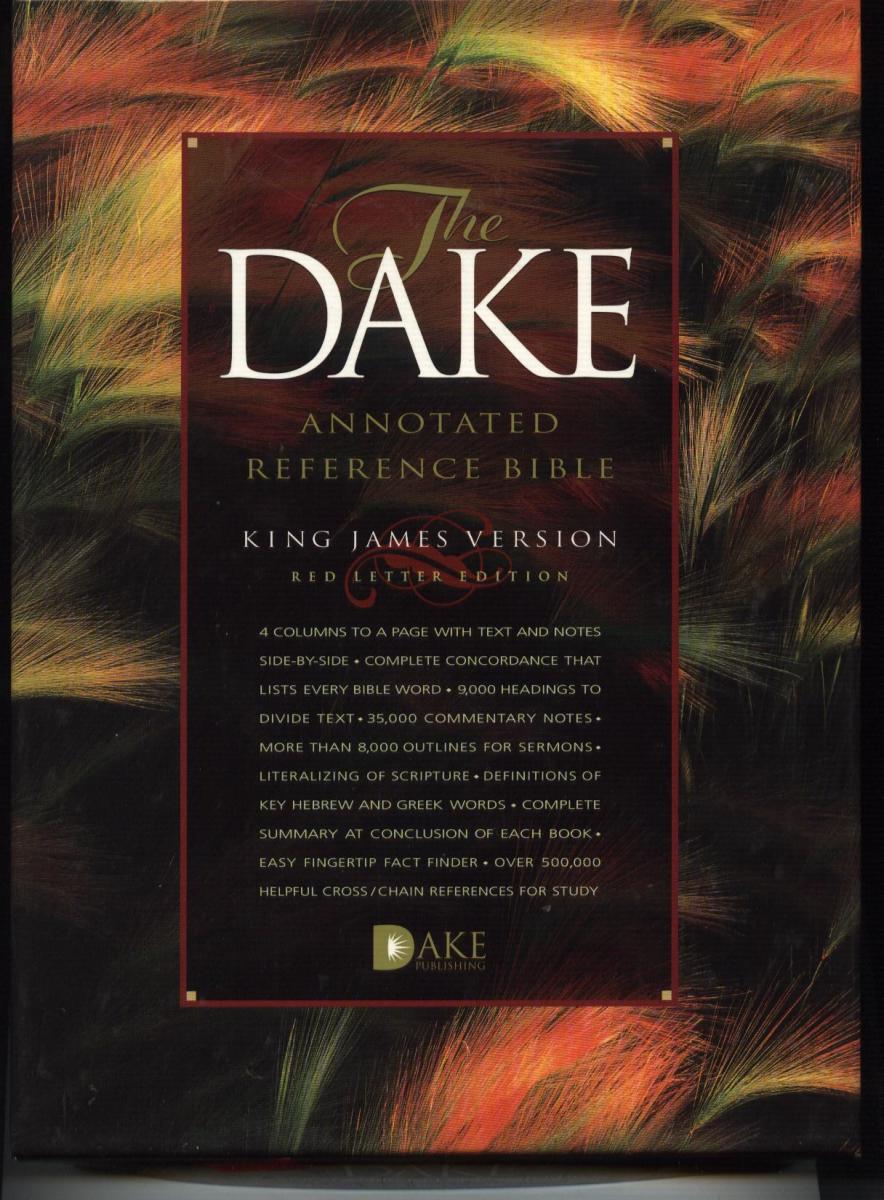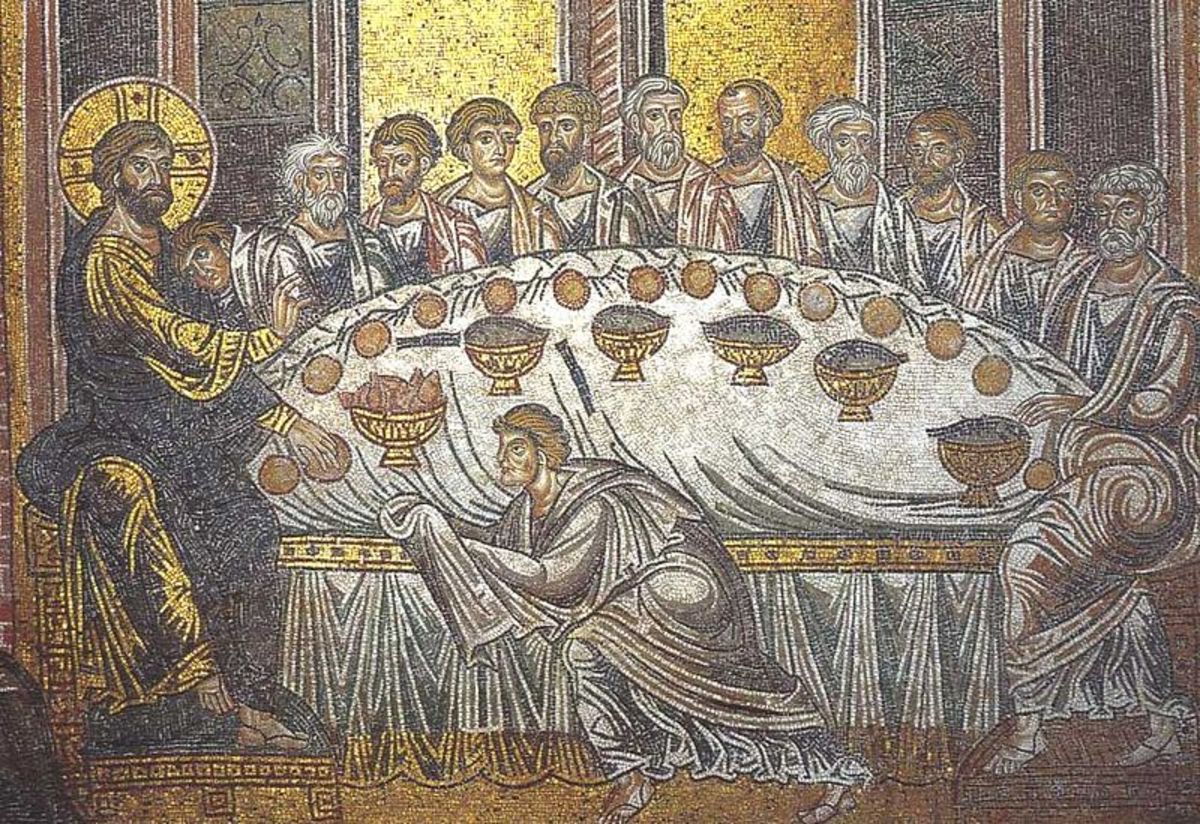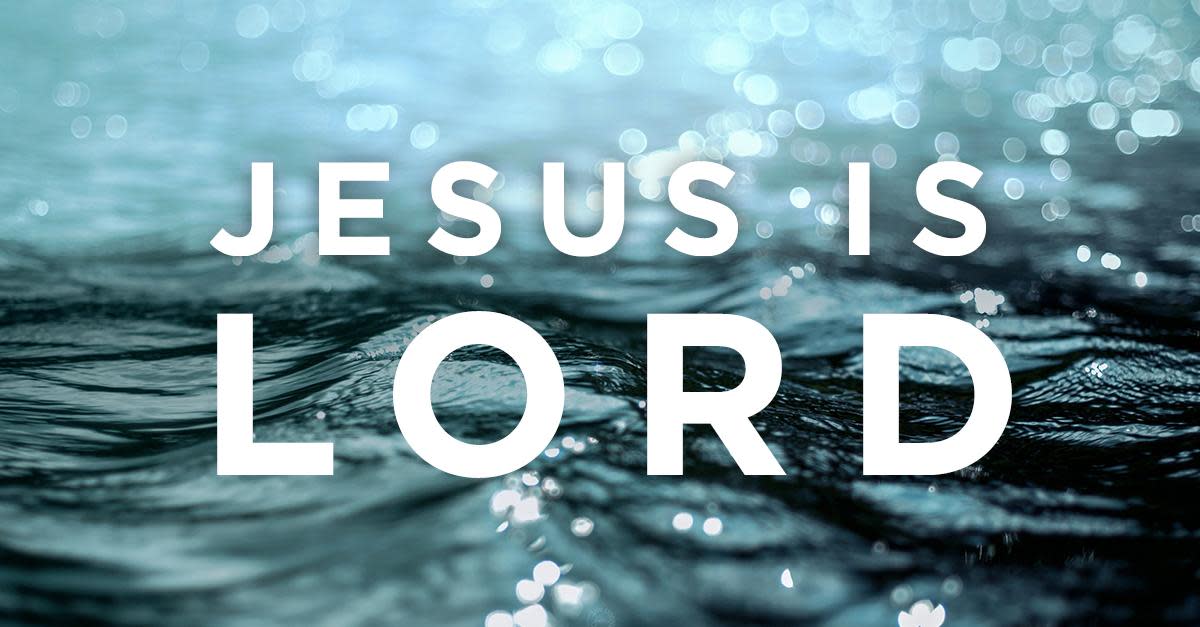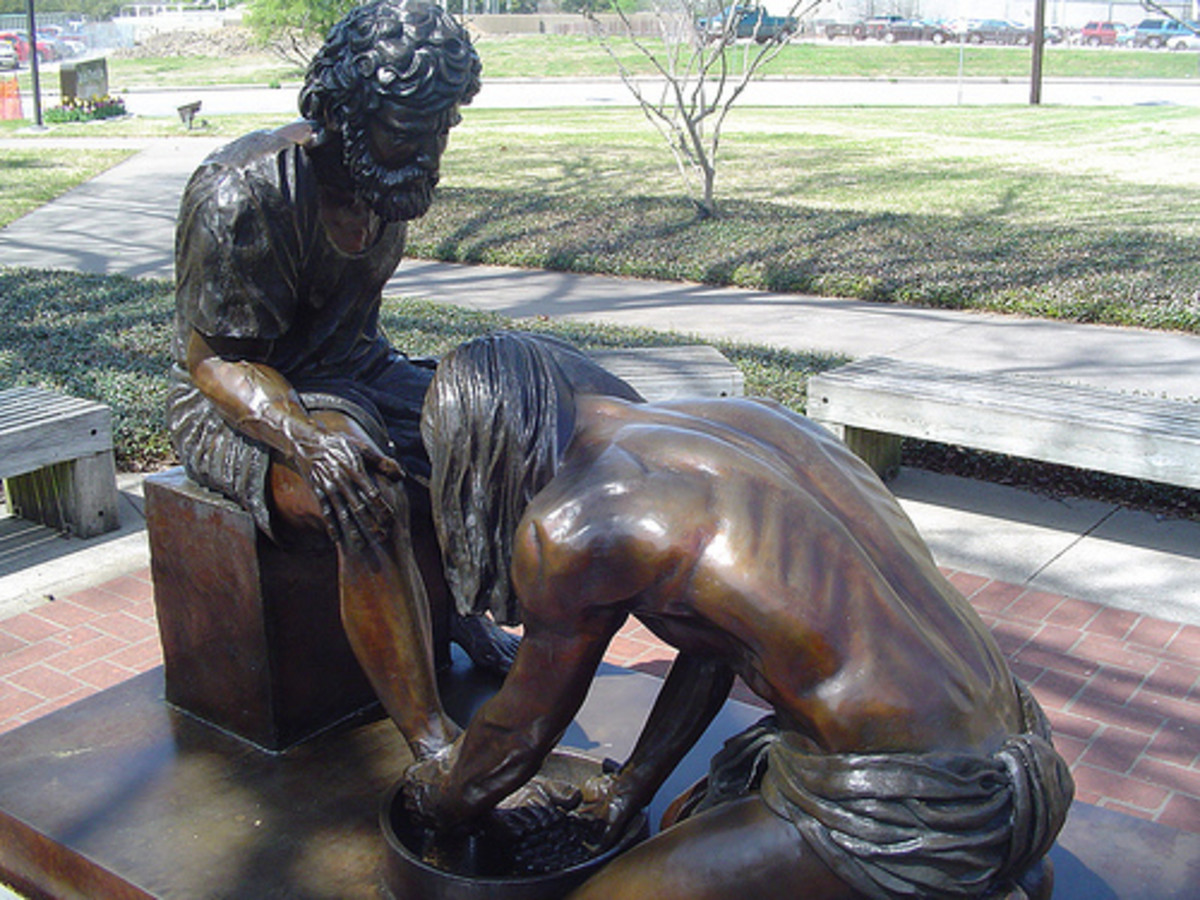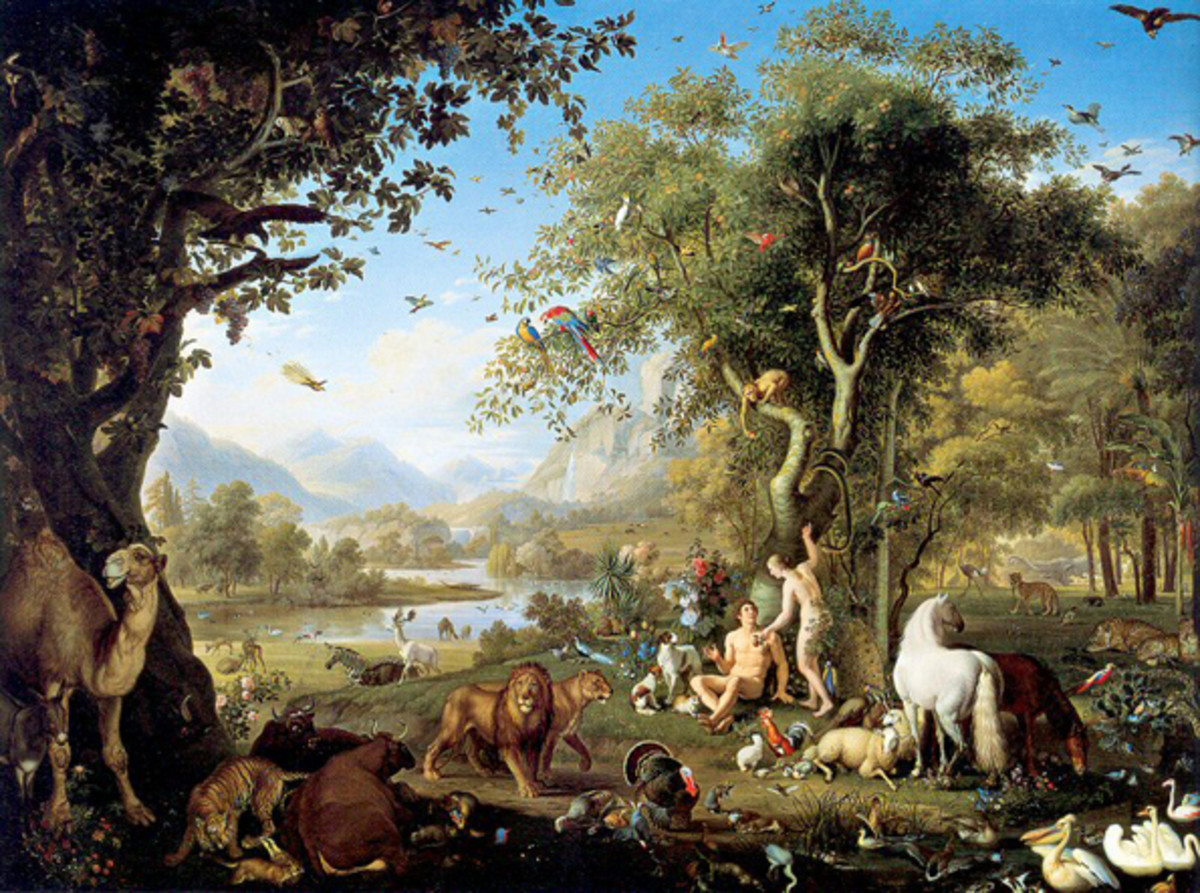The Lord's Supper (From the Beginning)
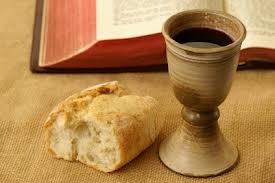
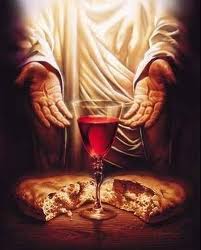
Referenced Persons
Archibald Thomas Robertson (November 6, 1863 – September 24, 1934) was an American biblical scholar born at Cherbury near Chatham, Va. He was educated at Wake Forest (N. C.) College (M. A., 1885) and at the Southern Baptist Theological Seminary, Louisville, Ky. (Th. M., 1888), where he was thereafter instructor and professor of New Testament interpretation, and remained in that post until one day in 1934, when he dismissed his class early and went home and died of a stroke.
Robertson's books are still consulted today, particularly his Word Pictures in the New Testament and his landmark volume A Grammar of the Greek New Testament in Light of Historical Research. In all, he published 45 books, several of which are still in print today. Robertson helped found the Baptist World Alliance in 1900. He was an important Southern Baptist and a well-respected scholar in his day.
Thomas Watson (c. 1620 – 1686) was an English, Nonconformist, Puritan preacher and author.
Rudolf Gwalther, (1519-1586) a Swiss Reformer, Zwingli’s son in-law, and Bullinger’s successor in Zurich.
John Chrysostom (347-407) the ‘golden mouthed’: bishop of Constantinople and an outstanding preacher.
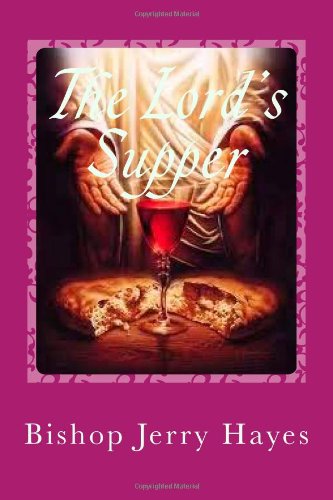
An Apostolic Eucharist
And the things that you have heard from me among many witnesses, commit these to faithful men who will be able to teach others also. (Paul to Timothy, 2 Timothy 2:2)
Many in modern Christianity, teach doctrines which they profess to have received from the holy apostles. New teachings, that are innovations to the Faith, which neither the Apostolic Fathers (the second generation of Christian teachers) nor succeeding generations knew. These innovators of the Faith would make a “new” offering to the Lord’s church, by touting “progressive revelation.” One needs to consider just how much creditability “progressive revelation” should have, in a doctrinal paradigm that stands diametrically opposed to the idea.
Jude writes thusly, “Beloved, while I was very diligent to write to you concerning our common salvation, I found it necessary to write to you exhorting you to contend earnestly for the faith which was once for all delivered to the saints” (Jude v3)
Mr. A.T. Robertson has this to say concerning the verb delivered: "'Once for all delivered’ (apax paradoqeish). First aorist passive participle feminine dative singular of paradidwmi.” ∼ By being aorist tense, a one time action is indicated that produced an effect which continues. Therefore, the Gospel was delivered one time, which is good for all time.
Having written the above remarks concerning innovations to the teachings of the Lord and His apostles in general, we would do well to look to the second and third generations of Christian teachers to understand how they understood the apostles’ faith.
The religious landscape is dotted with spiritually cracked pots, who deny that the Lord’s apostles taught a literal Water Baptism, or a literal Lord’s Supper, or a literal Resurrection from the dead, or a literal Second Coming; the list seems to go into infinity. It seems to me that the testimony, of the generation to which the apostles taught, would be sound evidence as to the teachings of the apostles themselves.
One might say: “It does not matter what the Apostolic Fathers taught, I believe only the Bible.” Well, of course we agree. However, we have heard people make that claim and their understanding of the Bible was fatally flawed. And what they profess the apostles to have taught is nowhere taught by any that heard them. We must ask: “Were the apostles of our Lord such poor teachers that no one got it?”
Such people need a referee, a third voice in the argument. What better source than from the first century after the apostles? With this in view we will review some quotes from such men, as they echo up from midst the birth-pangs of the Church.
Didache (AD 80-140) 7.381. "But every Lord’s Day, gather yourselves together, and break bread, and give thanksgiving after having confessed your transgressions, that your sacrifice may be pure. But let no one that is at variance with his fellow man come together with you, until they are reconciled, that your sacrifice may not be profaned. For this is the thing that was spoken of by the Lord: “In every place and time offer to me a pure sacrifice; for I am a great King.’ the Lord says, ‘and my name is wonderful among the nations.’”
Ignatius (AD 105) 1.77. "I desire the bread of God, the heavenly bread, the bread of life- which is the flesh of Jesus Christ, the Son of God. ... And I desire the drink of God, namely His blood, which is incorruptible love and eternal life."
Ignatius (AD 105). "They (the Gnostics) abstain from the Eucharist and from prayer, because they do not believe the Eucharist to be the flesh of our Savior Jesus Christ. ... Those, therefore, who speak against this gift of God, incur death."
Justin Martyr (AD 160) 1.186. "And on the day called Sunday, all who live in cities or in the country gather together to one place. And the memoirs of the apostles or the writings of the prophets are read, as long as time permits. Then, when the reader has ceased, the president verbally instructs us and exhorts us to imitate these good things. Then we all arise together and pray. And, as we said before, when our prayer is ended, bread and wine and water are brought. Then, the president in like manner offers prayers and thanks givings, according to his ability. And the people assent, saying 'Amen.' Then, (the Eucharist) is distributed to everyone, and everyone participates in that over which thanks have been given. And a portion of it is sent by the deacons to those who are absent."
Irenaeus (AD 180 )1.528. "He has acknowledged the cup (which is a part of creation) as His own blood, from which He refreshes our blood. And the bread (also a part of the creation) He has established as His own body from which He gives increase to our bodies. When, therefore, the mingled cup and the broken bread receive the Word of God, and the Eucharist of the blood and the body of Christ is made (from which things the substance of our flesh is increased and supported), how can they (the Gnostics) maintain that the flesh is incapable of receiving the gift of God?"
Before the Church had the canonical books of the New Testament, She had the Lord’s Supper, that served as a visible preacher of the cross, and what it all meant. Thomas Watson would much later write, “A sacrament is a visible sermon. And herein the sacrament (Lord’s Supper) excels the Word preached. The Word is a trumpet to proclaim Christ, the sacrament (Lord’s Supper) is a glass (mirror) to represent Him.” (Parentheses mine.) When Gwalthe wrote concerning the Lord’s Supper, he wrote, “Quia externis ducimur, hisce symbolis fidem in nobis adauget Deus.” “Because we are lead by external things, God increases faith in us by these symbols.”
So, here we have seen the first, second, and third century church emphasizing the “real presence” of the body and blood of Christ in the elements, on the one hand; while, on the other hand, we have seen the emerging Protestant church emphasizing the strength of the “symbolism” inherent in the elements. From the above historical quotes then, we may understand some of the Apostolic and (the much later) Reformed theologies surrounding the Communion celebration. Also, one is helped to understand the centrality of the Eucharist to New Testament (as well as Protestant) worship.
Finding his position in history between the two groups sited above is John Chrysostom who would say, “The celebration of the Lord’s Supper is the commemoration of the greatest blessing that ever the world enjoyed.”
Apostolically Speaking
☩ Jerry L Hayes
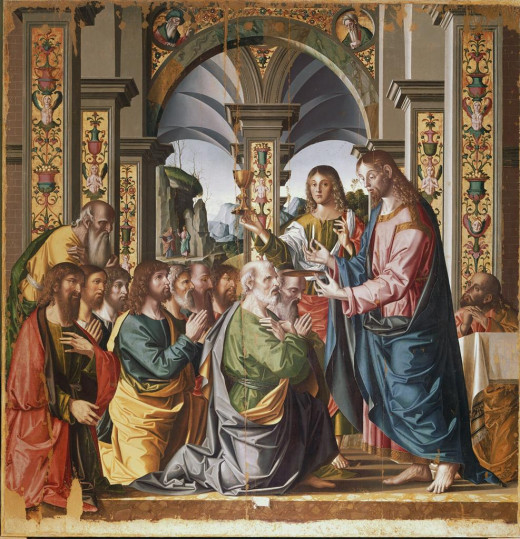
Read More From The Bishop on Holy Communion
- Is The Lord's Supper Salvific? (The Lord's Supper, Episode VI)
This article reviews the question; Is partaking in holy Communion necessary for salvation? - Who May Administer the Lord's Supper (Lord's Supper, Episode VIII)
There is a message being sent from non-denominational type churches that just anyone may officiate at the Lord's table. Counter to this is the question of the imperfect minister. What says the Bible? - The Christian Altar (The Lord's Supper, Episode IV)
As one searches the New Testament for a reference to the Christian altar, it comes as a shock to evangelicals that the Lord's Table is the only New Covenant altar mentioned. Here, we declare it so. - Breaking Bread (The Lord's Supper, Episode III)
This writing establishes the biblical phrase "Breaking Bread" as a discriptive name for the Lord's Supper. - What Is the Lord's Supper, Episode II
In this writing the author gives a brief description of the different terms used by Christians to describe and identify the sacramental meal Christ instituted the night before His death. - Who May Partake of Holy Communion? (The Lord's Supper, Episode V)
The question of "Who may Partake of holy Communion" is explained by this writing. Some churches practice "open communion", while others practice "closed Communion." Which is biblical? - The True Elements (Lord's Supper, Episode IX)
This article covers the question as to the nature of the biblical elements of the Lord's Supper. Christians are divided over leavened or unleavened bread; fermented or unfermented fruit of the vine. - Are Symbols Important to God (A Study in the Lord's Supper, Episode X
In this study we examine the importance of biblical symbols, especially in relation tot he holy Communion. - Bishop's Epistle: The Real Presence (Lord's Supper, Episode XI)
This Is The Book You Ought To Read


